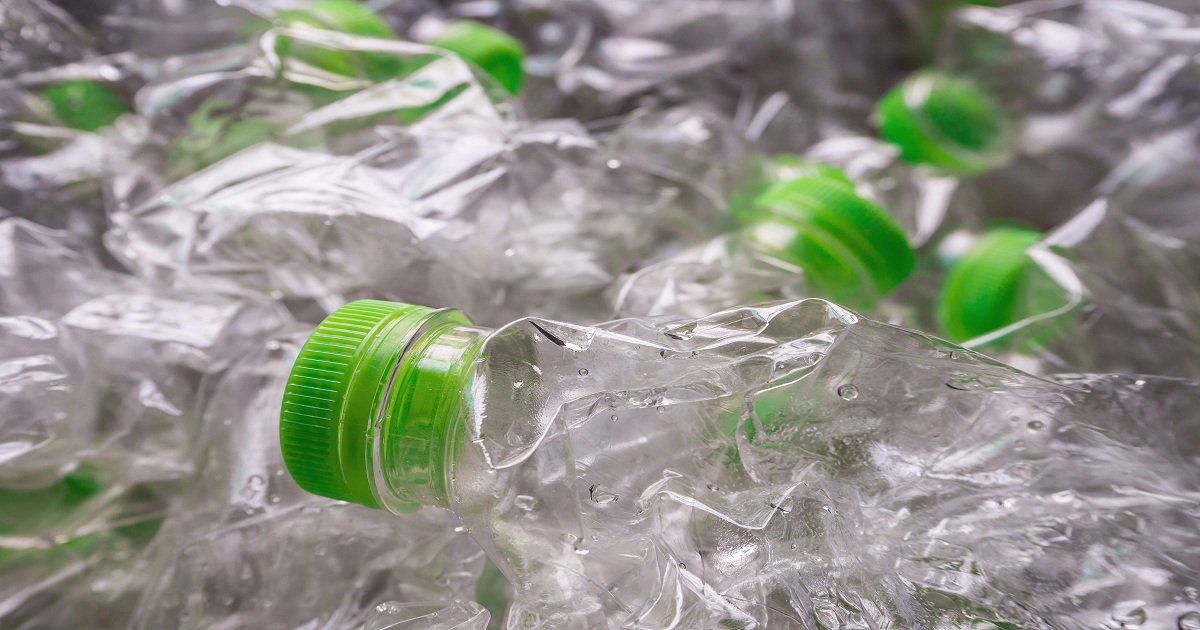Supercomputers help design mutant enzyme that eats plastic bottle
University of South Florida | June 27, 2018

A dump truck’s worth of plastic empties into the ocean every minute. Worldwide, humankind produces over 300 million tons of plastic each year, much of which is predicted to last centuries to millennia and pollutes both aquatic and terrestrial environments. PET plastic, short for polyethylene terephthalate, is the fourth most-produced plastic and is used to make things like beverage bottles and carpets, most of which are not being recycled. Some scientists are hoping to change that, using supercomputers to engineer an enzyme that breaks down a PET. They say it’s a step on a long road toward recycling PET and other plastics into commercially valuable materials at industrial scale.